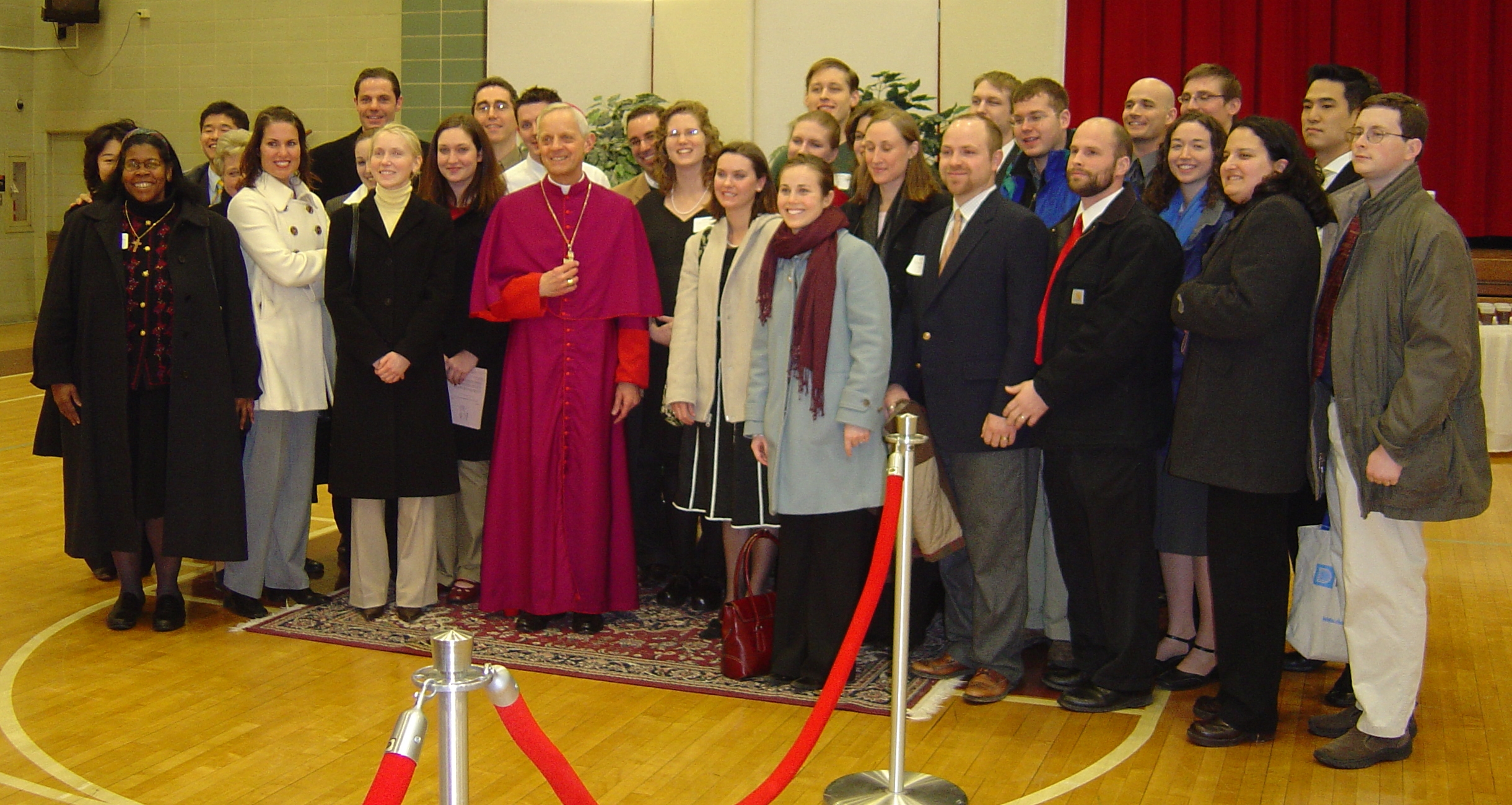Like I said, the Church has PR problems. Rand, of A Pattern of Sound Words, asserts:
"A Christian Roman Catholic, to me, is as opposite as a Nazi Jew. One cannot be a follower of Christ and be a follower of Romanism at the same time. Why? Because the Romanist worships a god different than the God of the Bible. For example, consider the 2nd person of the Trinity, the Lord Jesus Christ:"
"Romanism – Jesus was born of a sinless, perfect mother, who is declared the 'Queen of Heaven'.
Biblical Christinity – Jesus was born of a kind, godly woman, but still a sinner by birth and choice (Luke 1:26-38)."
The best explanation I have ever heard for Mary's sinless conception was from a Rabbi. The Ark of the Covenant was the seat of God on earth. It could only be safely approached and touched by ritually clean priests at certain times of the year. Mary was the ark of the New Covenant, Jesus Christ (Matthew 26:26-28). Her preservation from Original Sin, as well as actual sin, does not, as some suggest, imply that she did not need Christ's saving grace, made possible by the cross. God is not bound by time. He created it. Thus, Mary received at her conception the saving grace of Christ's sacrifice. Continue reading →

